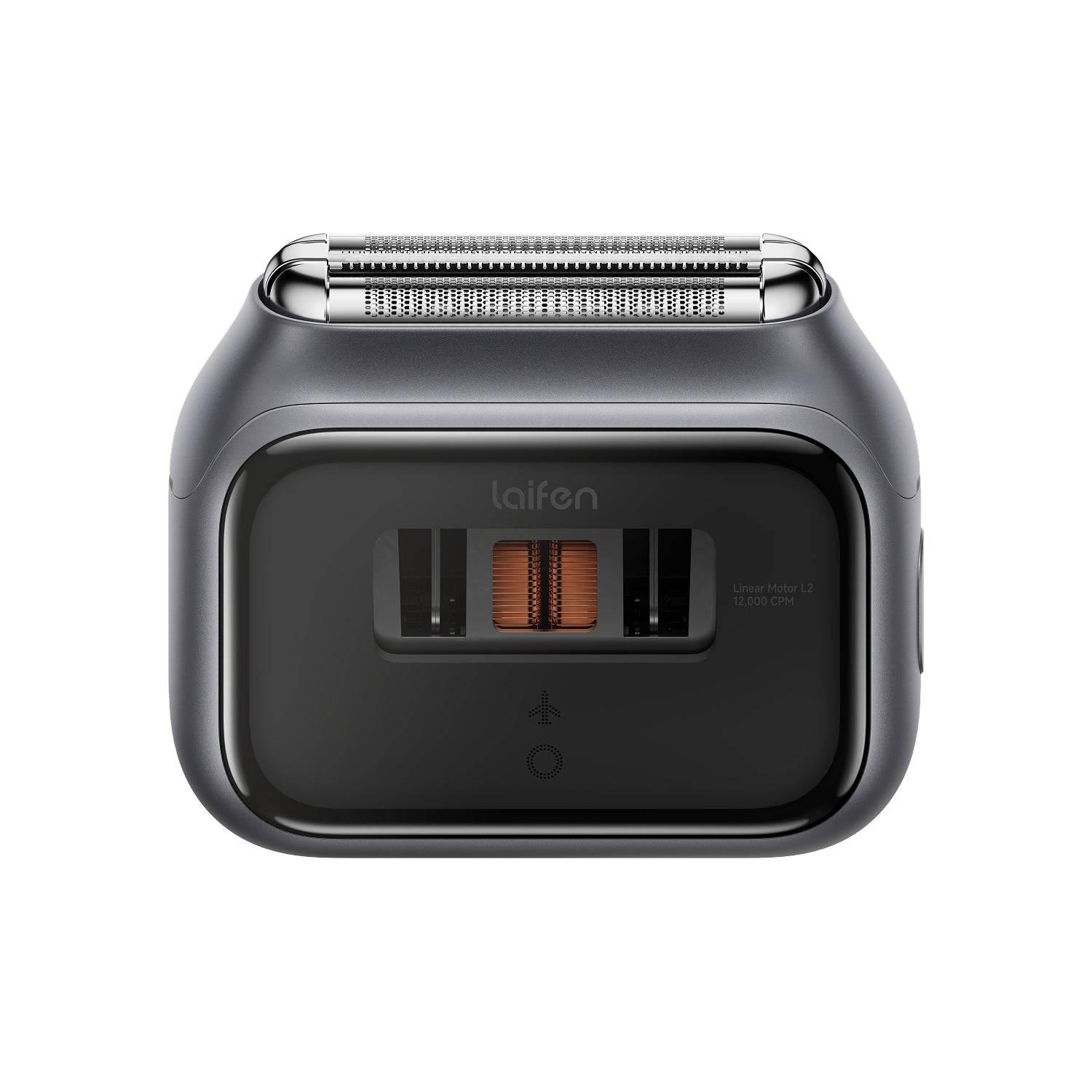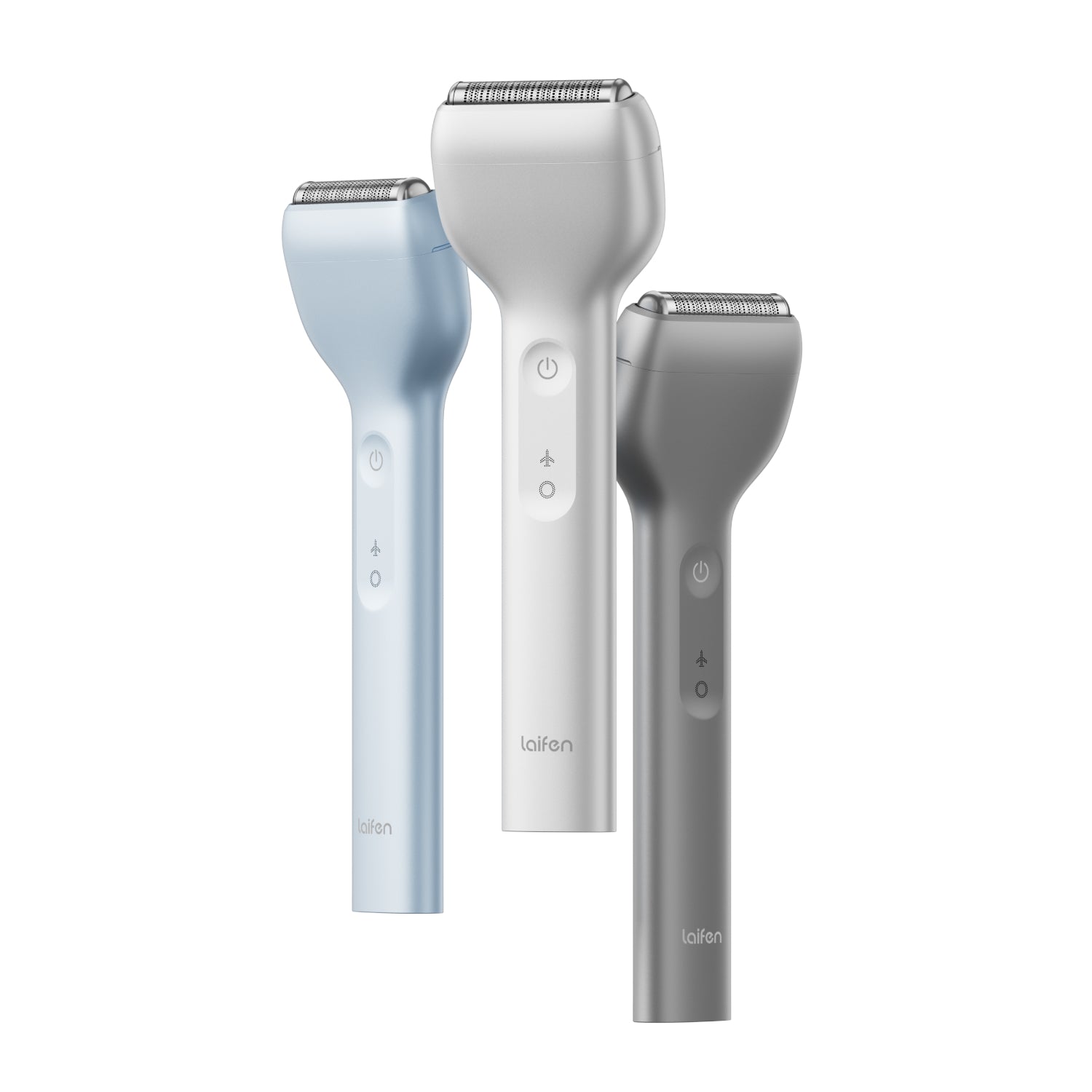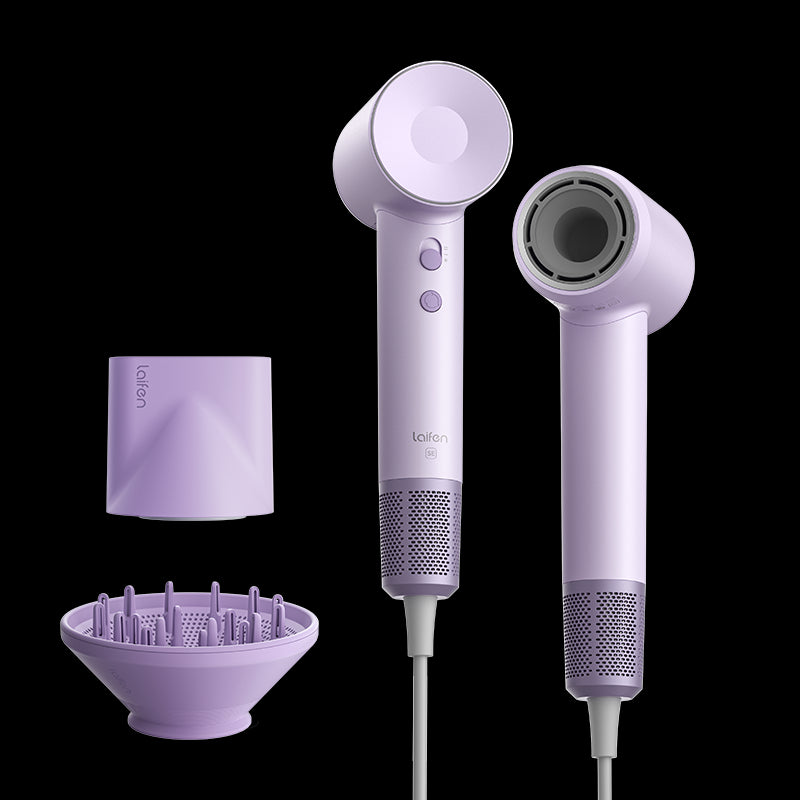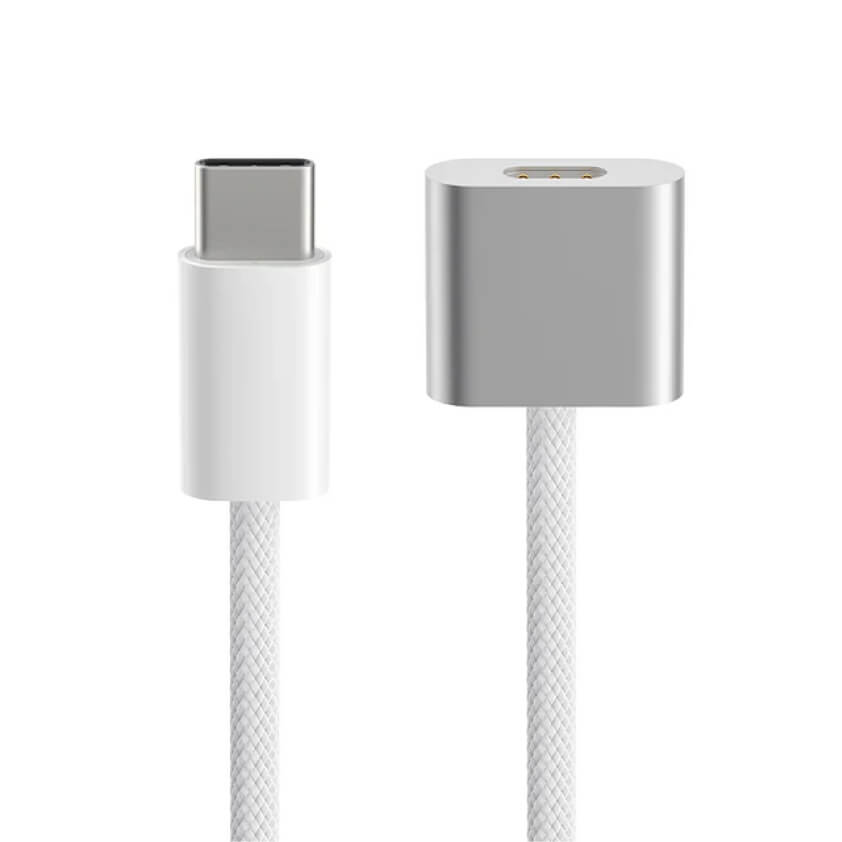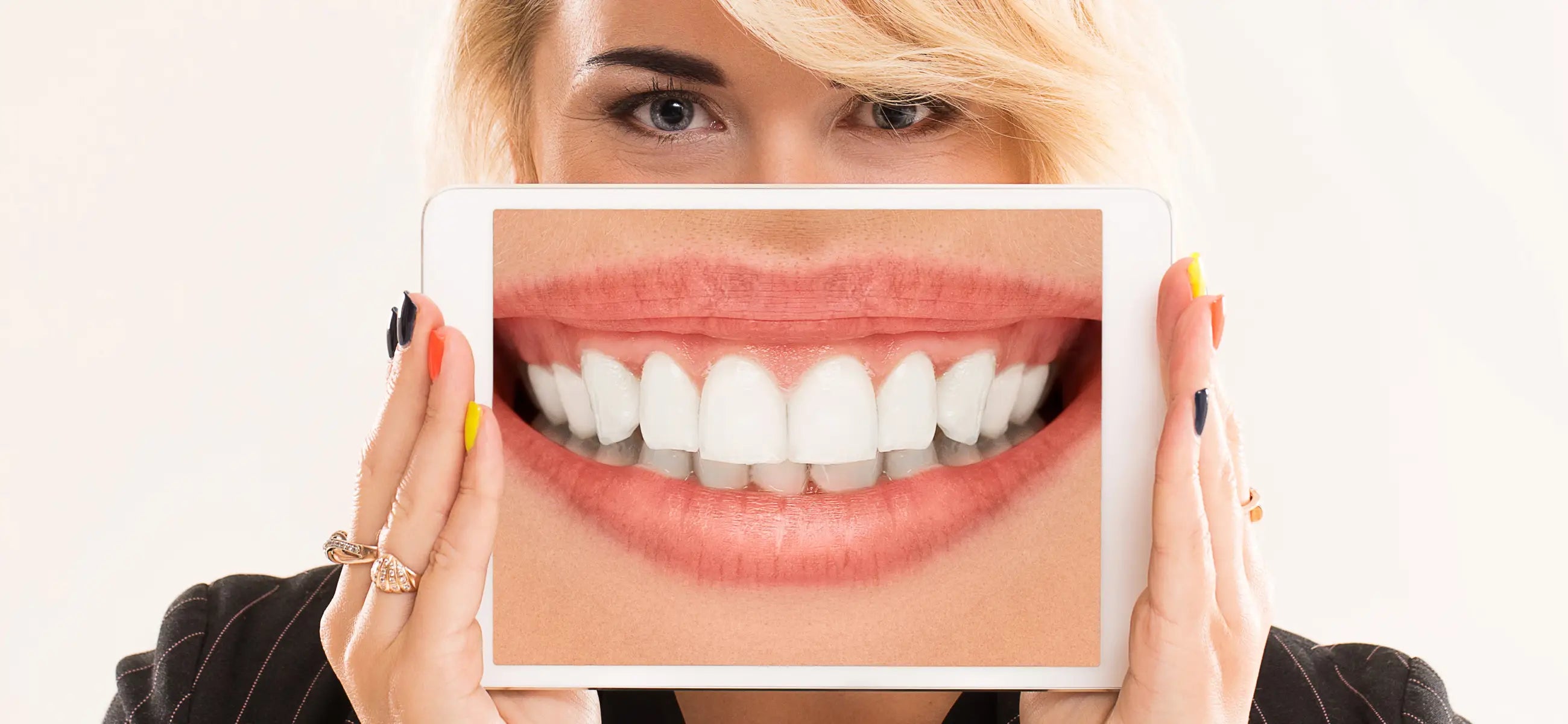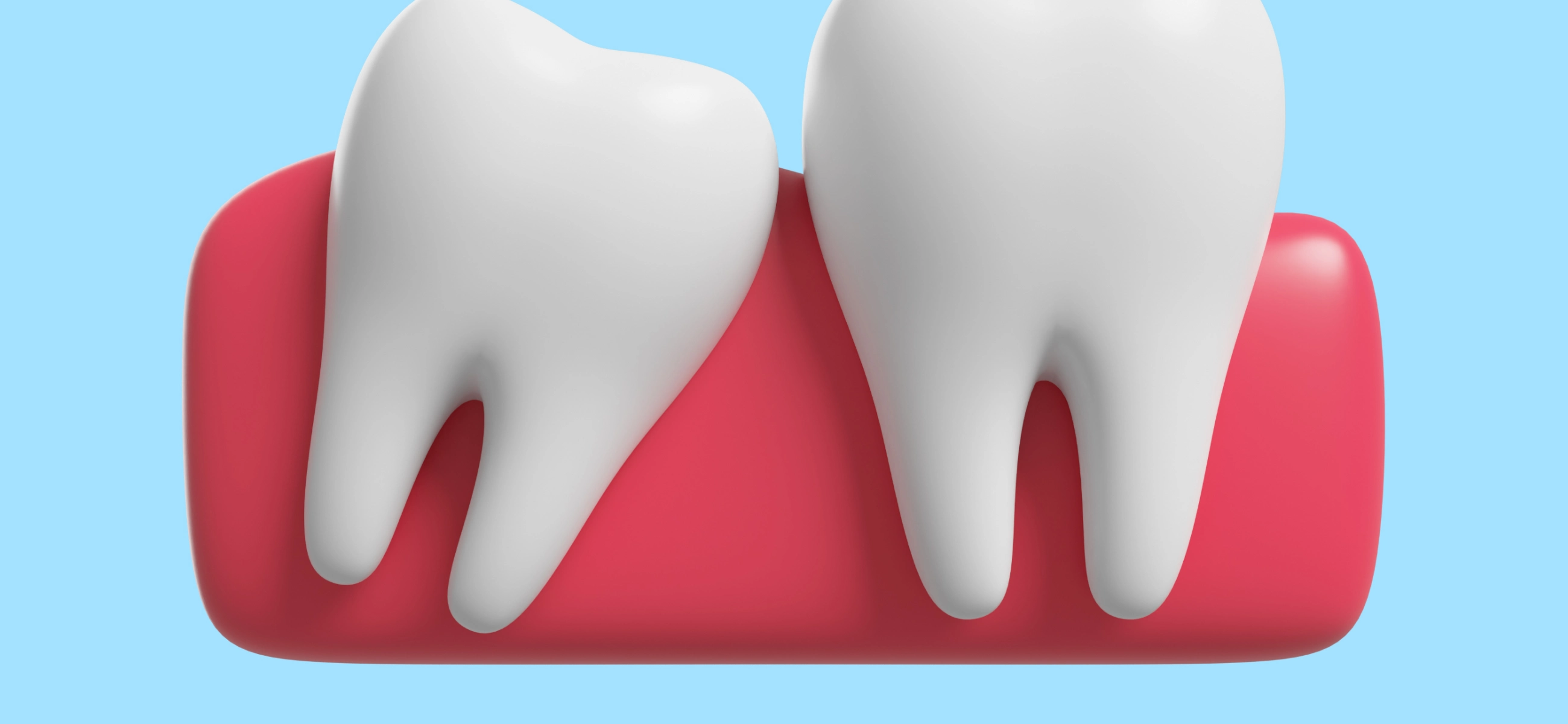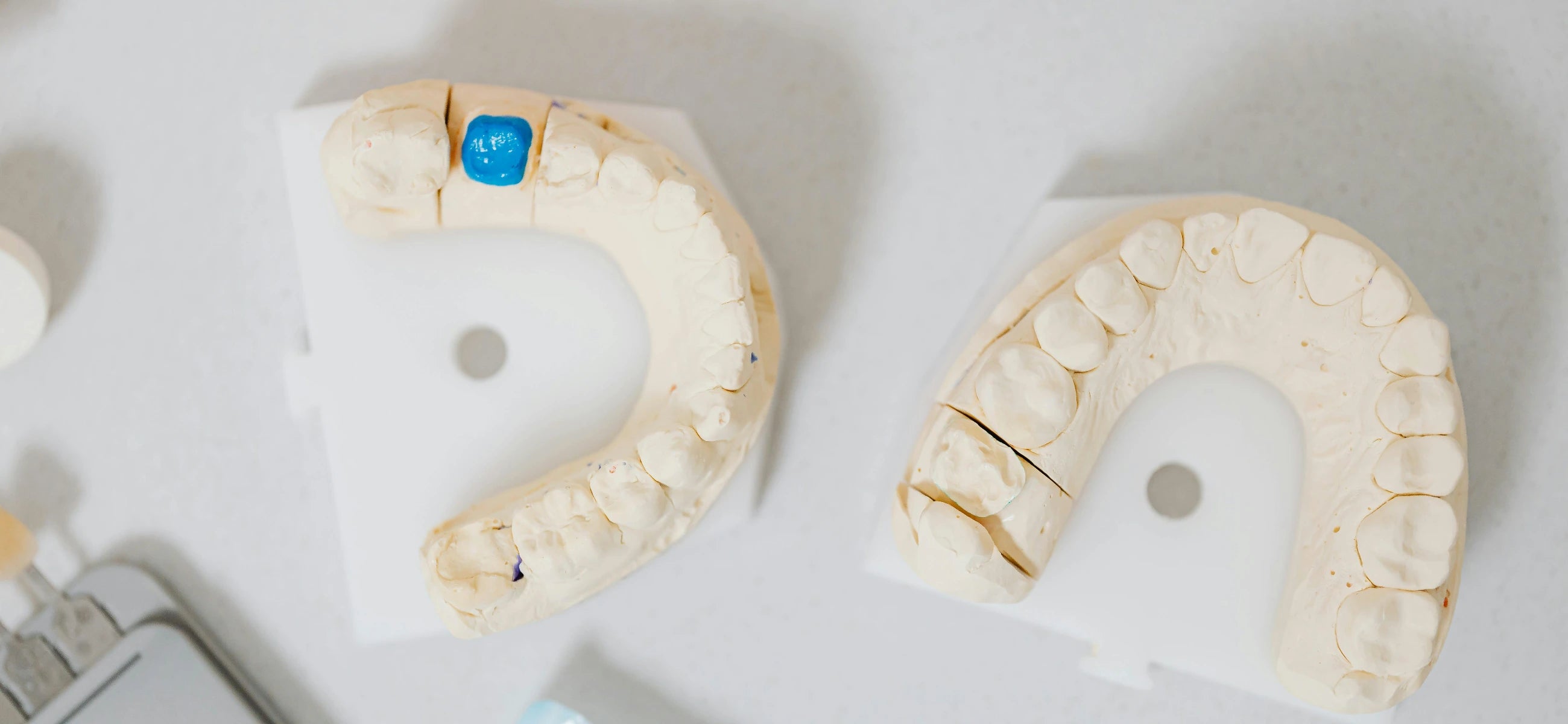
In this article
The erosion of enamel on your teeth can be a big problem. After all, it doesn't repair itself, so you need to be aware of it and take the necessary steps to stop acid from attacking your teeth. Fortunately, these steps are really easy to implement, and you can easily stop the erosion of your enamel with some small changes to your diet and tooth hygiene routine, as we explore in this article.
What is tooth enamel erosion?
The erosion of tooth enamel, also called dental erosion, occurs when some of the enamel surface of your teeth is dissolved or softened with acid.
The enamel is essentially the outer layer of your teeth and it is responsible for protecting your teeth from physical damage. It's actually the hardest tissue in the human body and doesn't dissolve or erode easily.
In some cases, the acid that causes the erosion comes from the stomach, but other times it is present in foods and drinks. You might notice that your enamel is eroding if you experience heightened sensitivity, discolouration, or even toothache.
Given that your enamel is like a protective barrier for your teeth, if it starts to erode, your teeth are at more risk than they otherwise would be. Therefore, it's important to recognize this condition and do something about it before it becomes a significant problem for your dental health.
What causes enamel erosion?
The primary cause of the erosion of enamel is the acid present in specific foods and drinks. If you consume a high concentration of acidic foods and drinks, your saliva can't remove all of the acid from your teeth and gums.
The following foods and drinks are the most common culprits when it comes to eroding the enamel from your teeth:
-
Ice cream, syrup, and caramel
-
Citric fruits like apples, berries, and rhubarb
-
Sodas that contain citric acid
-
High sugar fruit drinks and smoothies
Though acidic foods and drinks are the primary causes of dental erosion, they're not the only causes. Bruxism, also known as teeth grinding, can also erode the enamel from your teeth.
Acid reflux, which causes acid to move from the stomach to the mouth, can also be a cause, as can the use of some medications.
If you're worried about the condition of the enamel on your teeth, we recommend consulting with a dentist or dental hygienist to work through the most likely causes before looking into any potential treatment options.
How to stop enamel erosion?
For many people, stopping the erosion of tooth enamel can be as simple as improving your diet. Cutting out highly acidic foods is the best way to protect the enamel on your teeth, so make sure you don't eat too much sugar and avoid sodas with citric acid.
Equally, improving the way that you look after your teeth can make a big difference. If you eat sugary or highly acidic foods regularly, get into the habit of brushing your teeth with an electric toothbrush, like the Laifen Wave, as soon as you have finished.
You should also use an antibacterial mouthwash straight after, as this can help to remove some of the acid and will prevent it from coating your enamel.
However, if you think the erosion of your teeth's enamel is caused by an underlying condition such as GERD (chronic acid reflux), you will need to schedule an appointment with your doctor to treat that condition first.
How to fix enamel erosion
While the enamel on your teeth is extremely strong and tough, it cannot grow back, as it doesn't have any living cells. While this might sound worrying, the reality is that the process happens over time (several years).
So, if you notice it early enough, you can take steps to prevent it from becoming worse. These include:
-
Schedule regular check ups with your dentist (1-2 times per year). A general check up with your dentist is the best way to find out about the erosion of your enamel, and your dentist will also diagnose any other issues you may have with your teeth.
-
Visit the dental hygienist in between trips to your dentist's office to schedule a deep clean of your teeth. This is a good way to remove acid and harmful bacteria from your teeth.
-
Improve the way that you clean your teeth. Brush 2-3 times per day with an electric toothbrush, floss daily, and use an antibacterial mouthwash. This is the best enamel erosion treatment at home.
-
Avoid highly acidic foods. While enjoying the likes of ice cream and soda is okay from time to time, the less of these highly acidic foods and drinks you take, the healthier your tooth enamel will be.
Recap
The erosion of your teeth's enamel is something that you want to avoid. After all, it cannot grow back and it's your first line of defense against long-term dental issues.
Thankfully, there are some super simple steps that you can take to prevent dental erosion, as illustrated above. But as with any potential dental issue, please contact your dentist's office if you're worried about the erosion of enamel and schedule an appointment with your dentist to discuss the best way forward.
FAQ
Q1: How to prevent enamel erosion?
The best way to stop dental erosion from becoming a problem is to eliminate highly acidic foods and drinks from your diet. Also, regularly visiting your dentist and cleaning your teeth properly can both help to protect your enamel.
Q2: What does enamel erosion look like?
You can usually spot the early signs of erosion by checking for signs of discoloration in your teeth. You might also experience additional sensitivity. The best way to diagnose it is to visit your dentist, but these are a couple of the early signs.
Q3: Is the erosion of enamel painful?
It's not usually painful, but your teeth are likely to become more sensitive to hot and cold foods and drinks if the enamel has started to erode. You might also experience toothache from time to time.

